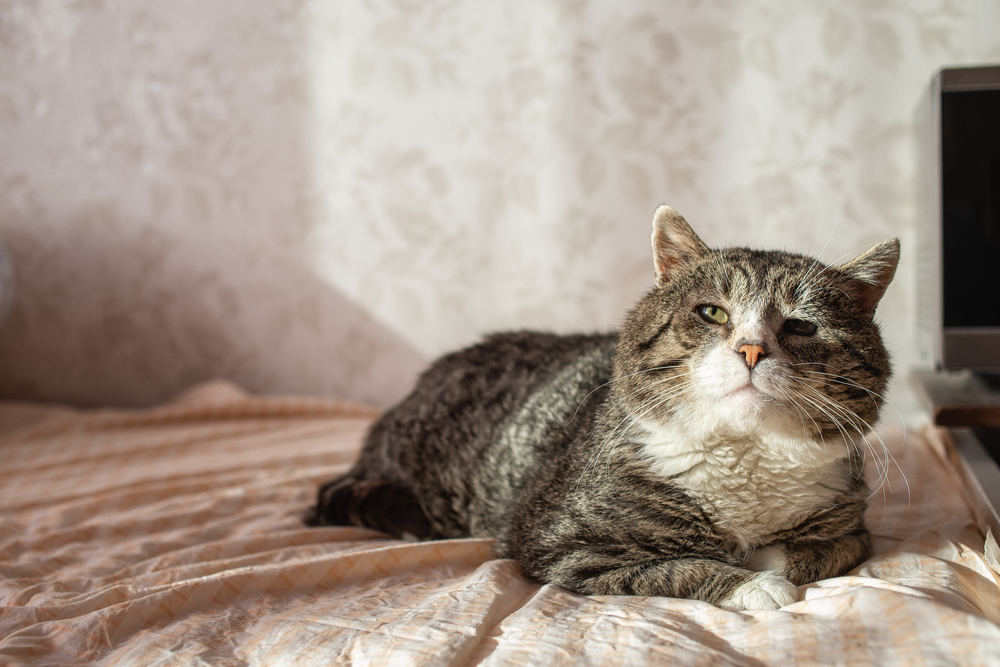Bringing a senior pet into your home can be incredibly rewarding, but it’s not without its unique challenges. Older pets come with a wealth of experience, quirks, and often a calmer demeanor, but they may also have specific needs. Before making this commitment, consider the benefits and potential hurdles that come with adopting a senior animal. Here’s what every pet parent should know.
Enjoying Their Mellow Temperament

One of the biggest perks of adopting a senior pet is their calm demeanor. Unlike younger animals with seemingly endless energy, senior pets are often more laid-back and content with a slower pace. They’re usually past the rambunctious phase, making them ideal for quieter households or people looking for a more relaxed companion. You’ll enjoy a gentle presence in your life without the constant demands for play.
Avoiding the Training Hassle
Many senior pets come pre-trained with basic commands, leash manners, and even house training. This can make the transition into your home much smoother than adopting a puppy or kitten. With a senior pet, you’re likely to avoid the chewed shoes, accidental messes, and endless “no’s” that come with training younger animals. It’s a perfect fit for those wanting to skip the potty training phase altogether.
Offering a Second Chance at Happiness

By adopting a senior pet, you’re giving an animal a second chance at love and a home. Many older pets find themselves in shelters due to circumstances beyond their control, such as an owner’s passing or relocation. Opening your home to a senior pet offers them a final, loving chapter of life, and there’s a deep sense of fulfillment in knowing you’ve provided them with comfort and security.
Facing Potential Health Issues
With age often comes certain health concerns, which can be a consideration when adopting a senior pet. Arthritis, dental issues, and other age-related ailments may require additional veterinary care. Being prepared for possible health costs and treatments is essential, as senior pets may need more frequent checkups and medication. However, understanding these needs can help you provide the best quality of life for them.
Enjoying a Low-Maintenance Companion
Senior pets are usually lower-maintenance when it comes to exercise and attention. Unlike younger pets that thrive on daily rigorous play, seniors are often content with gentle walks, short playtimes, or just sitting by your side. This low-energy lifestyle can be ideal for people with busy schedules, smaller living spaces, or simply those who prefer a pet that’s satisfied with a mellow pace.
Dealing With a Shorter Lifespan
Adopting a senior pet means accepting that your time together may be shorter than with a younger animal. This can be emotionally challenging, especially if they have only a few years left. While this reality isn’t easy, the joy of giving an older pet a loving home often outweighs the sadness. Many find comfort in knowing they made a senior’s final years comfortable and filled with love.
Reducing Shelter Overcrowding
Adopting a senior pet not only benefits you and the animal but also helps reduce shelter overcrowding. Senior pets are often overlooked, with adopters preferring younger animals. By choosing a senior, you’re making space for other animals in need and giving a pet who might otherwise be passed by the chance to experience a warm, loving home. It’s a win-win that makes a tangible difference in the rescue community.

